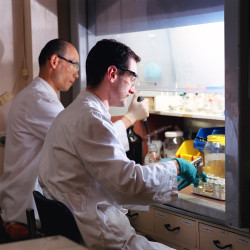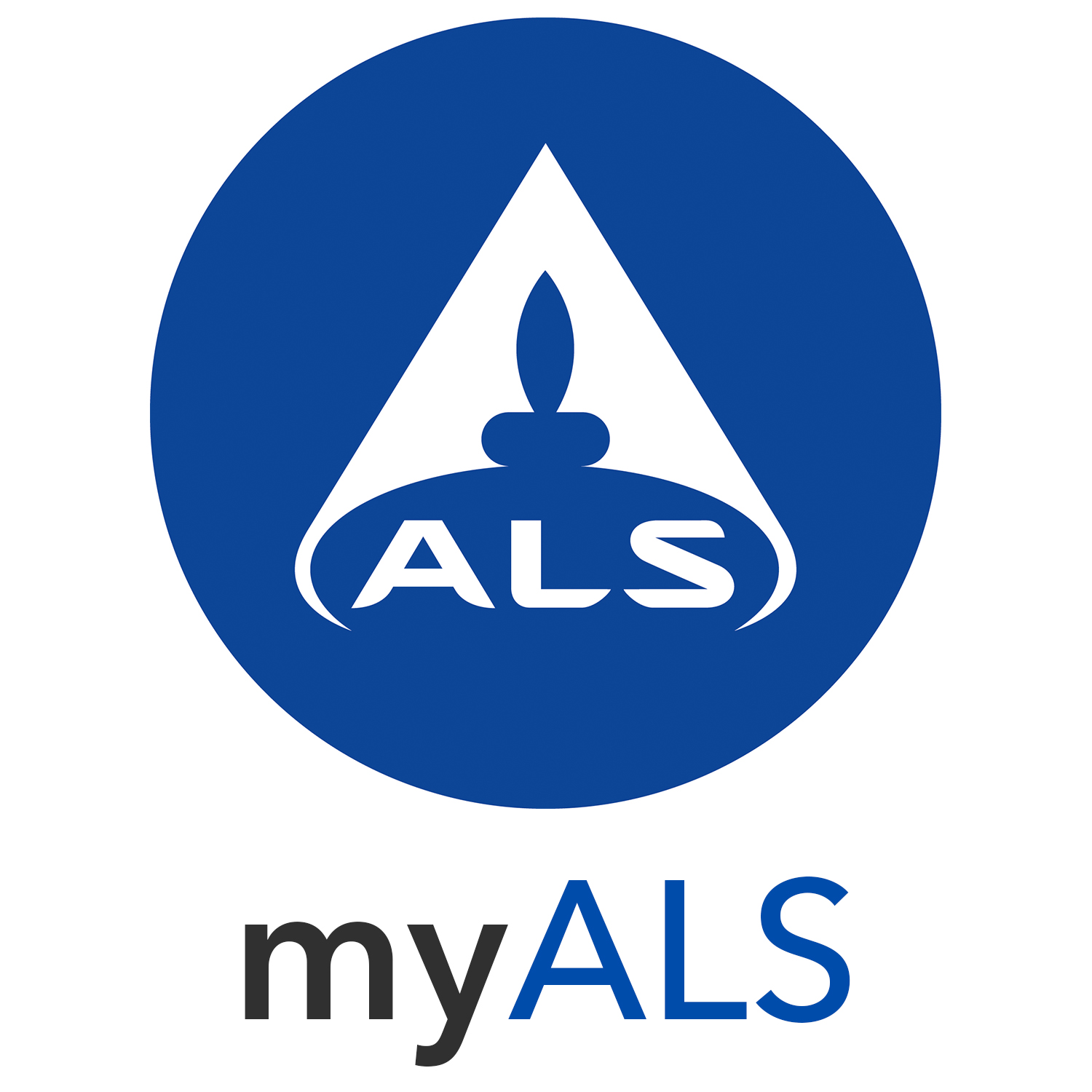Reduced Limit of Detection for Monohydric Phenols
Jun 29, 2015

ALS Environmental is pleased to announce that following revalidation our reporting limit for Monohydric Phenol, method WAS019, will be lowered to 0.10mg/l.
Monohydric Phenol refers to a group of phenolic compounds that include phenol, the three methylphenol isomers (cresols) and the six dimethylphenol isomers (xylenols). These compounds are the major source of phenolic pollution in rivers and streams. It is undesirable to have phenols present in water courses because of their strong bactericidal action and their toxicity to aquatic life.
The ALS Environmental method for the determination of Monohydric Phenol is a colorimetric method using automated segmented flow analysis and is applicable to effluents, leachates, surface waters, ground waters and waste waters. Monohydric Phenol obtained from the sample by distillation reacts with alkaline hexacyanoferrate and 4-aminoantipyrine to produce a red coloured complex. The intensity of the colour measured at a wavelength of 505nm is directly proportional to the concentration of Monohydric Phenol present within the sample. Quantification is achieved by comparing the intensity of the colour of the unknown with the intensity produced using a range of standards with known Monohydric Phenol concentrations.
The method for analytical Monohydric Phenols sits under our Inorganic Chemistry Manager, Chris Law, who comments:
Providing analytical data that customers are confident to act upon is critical to the operations teams at ALS Environmental . We pride ourselves on providing the most reliable and consistent data in the laboratory sector and following recent method validations I am pleased to announce this reduction in our Monohydric Phenols in waters reporting limit.
Should you have any questions or concerns regarding Monohydric Phenols, or any other analysis that we undertake, please liaise with your Customer Service Co-Ordinator or contact us on 02476 42 12 13.


